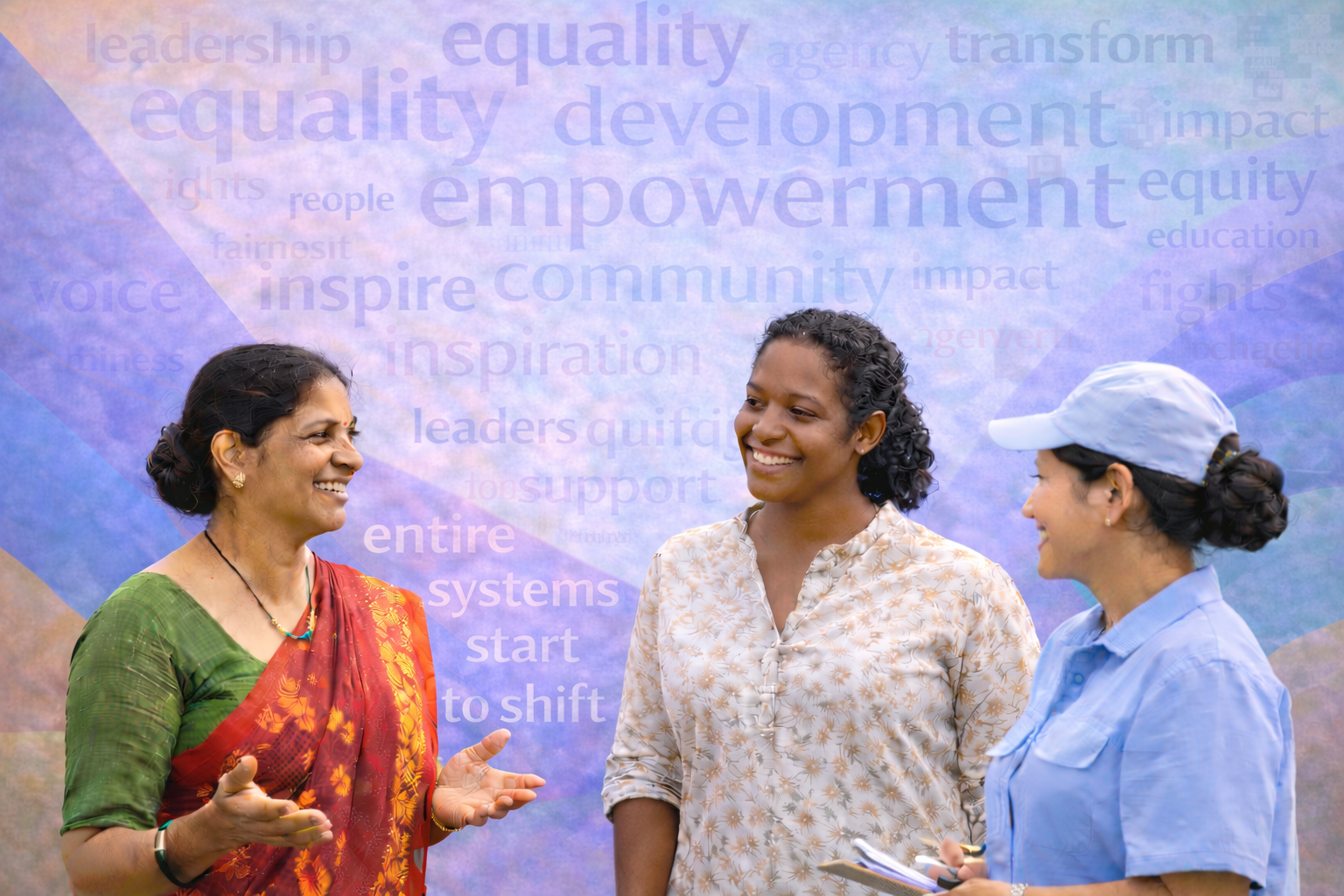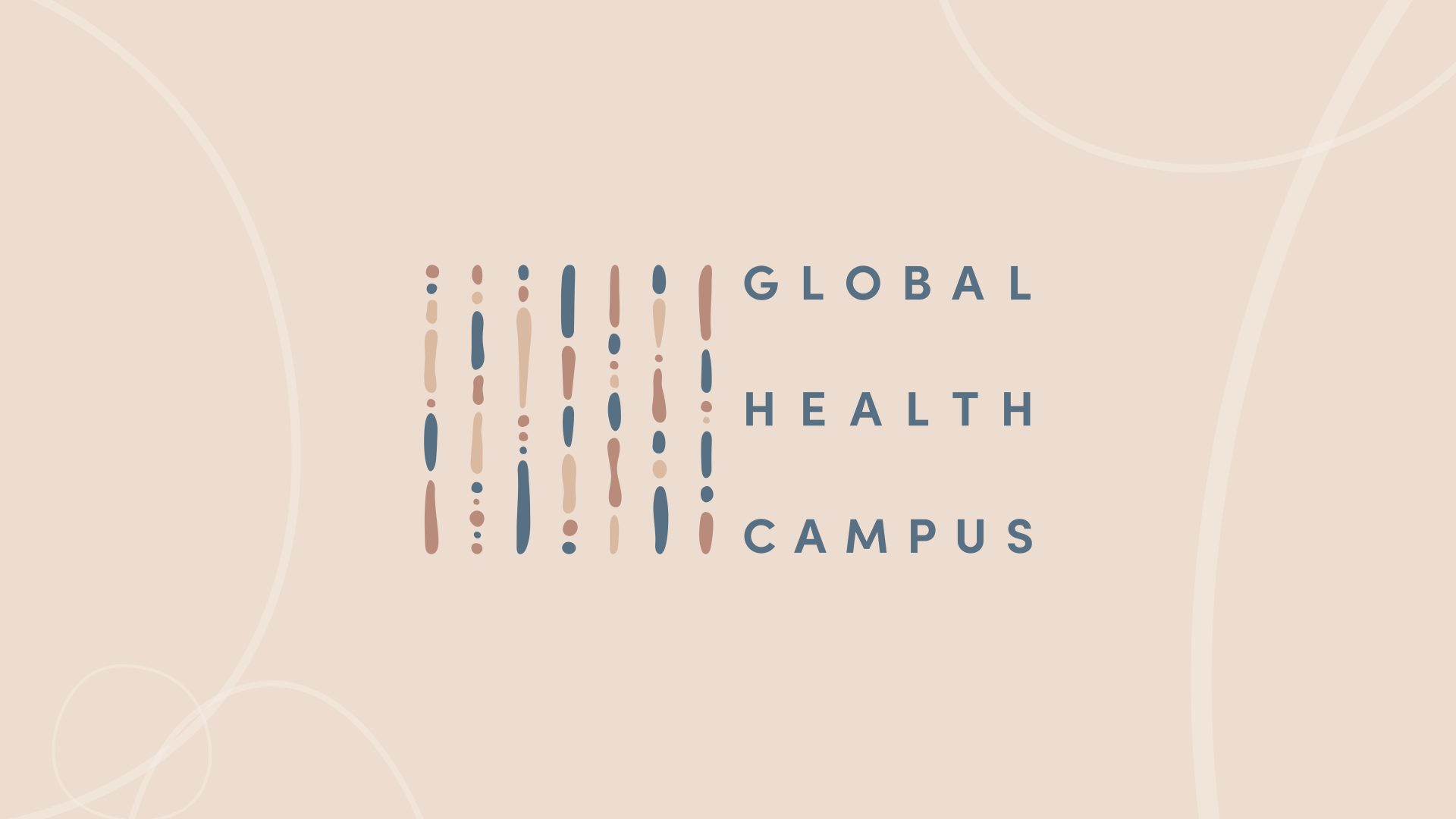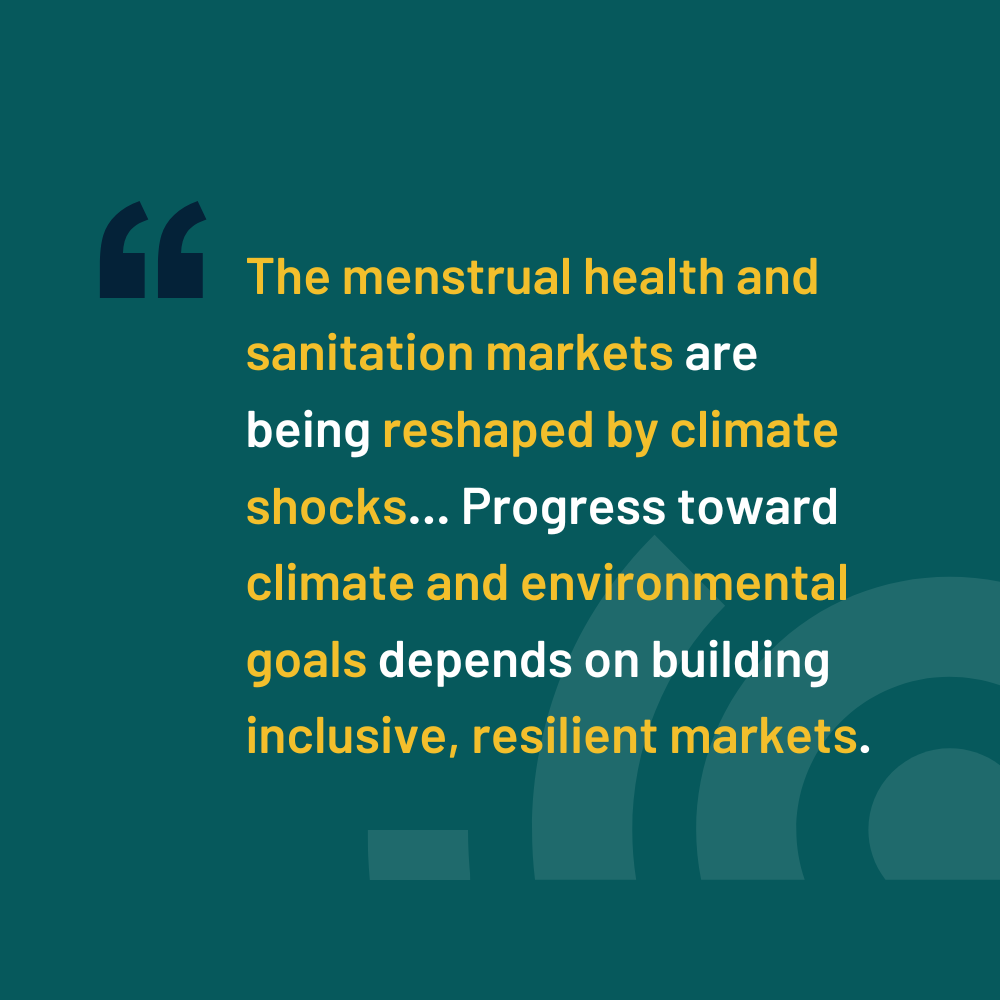
SHF joins Global Health Campus in Geneva

Global UN fund’s move highlights the vital link between health and sanitation
The UN’s Sanitation and Hygiene Fund (SHF) is joining the Global Health Campus (GHC) in Geneva this week, a move that underscores the critical role of sanitation, hygiene, and menstrual health in advancing the health and resilience of people, economies and the environment.
Inaugurated in 2018, the GHC houses the world’s major organizations working on health - The Global Fund, Gavi, the Vaccine Alliance, the Stop TB Partnership, RBM Partnership to End Malaria and Unitaid - with an intention to foster deeper synergies and innovation for stronger impact. By joining GHC, SHF seeks to elevate investment in sanitation, hygiene and menstrual health, as well as wastewater, as a fundamental pathway to achieving the global health agenda, and sustainable development for all.
According to the World Health Organization (WHO), poor sanitation is linked to transmission of diarrhoeal diseases such as cholera and dysentery, as well as typhoid, intestinal worm infections and polio. It exacerbates stunting and contributes to the spread of antimicrobial resistance. Meanwhile, every USD 1 invested in sanitation could offer a potential return of USD 5.50 in lower health costs, more productivity and fewer premature deaths (Source: WHO).
“Sanitation, hygiene, and menstrual health are the cornerstones of healthy communities, which in turn fuel thriving economies,” said Dominic O’Neill, Executive Director, SHF. “With the support of our partners, including the Kingdom of the Netherlands, Switzerland and the Gates Foundation, we are pleased to deepen our collaboration with leading global health organizations to build resilient sanitation economies and menstrual health markets, creating jobs and businesses while positively impacting health outcomes.”
The Swiss Agency for Development and Cooperation (SDC), a founding donor of SHF, also welcomes SHF’s move to GHC, emphasizing the campus’ and Geneva’s central role in global health diplomacy and action.
“We congratulate SHF on this significant step,” said Janine Kuriger, Head Section Water at SDC. “This move reaffirms the importance of investment in sanitation as an investment in public health as well as a catalyst for local economic growth, resilience and sustainability.”
SHF is dedicated to achieving universal access to sanitation, hygiene and menstrual health through market-based approaches. SHF works with Low- and Middle-Income Countries (LMICs) to catalyze investment into robust, climate-resilient sanitation economies and the menstrual health market to deliver improved health, economic, and environmental outcomes.
---



